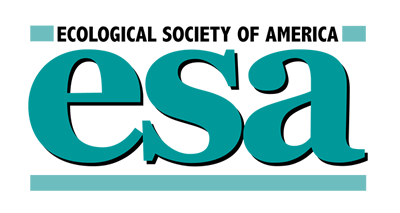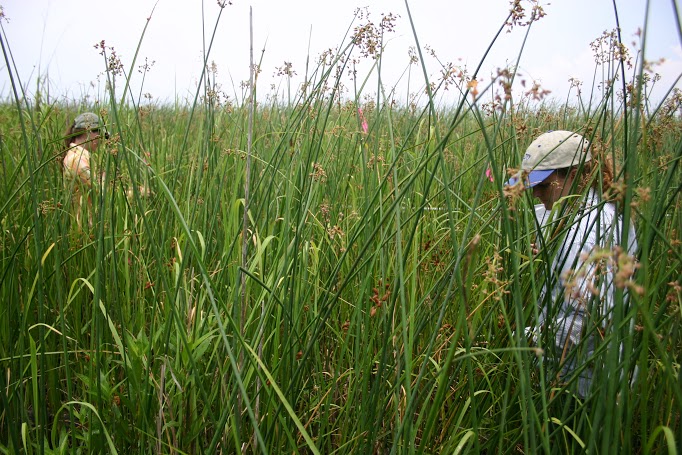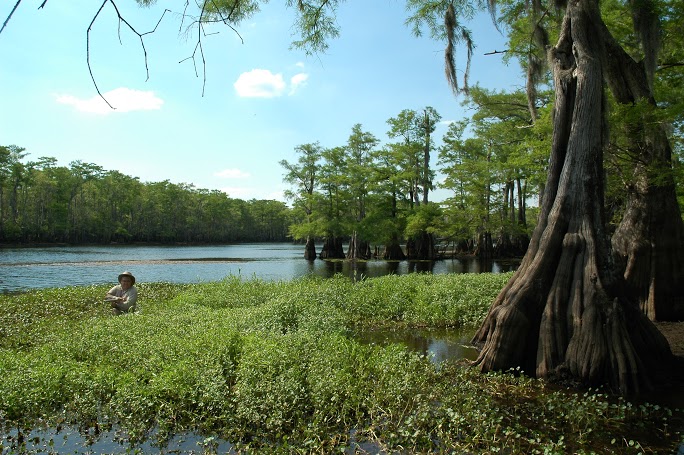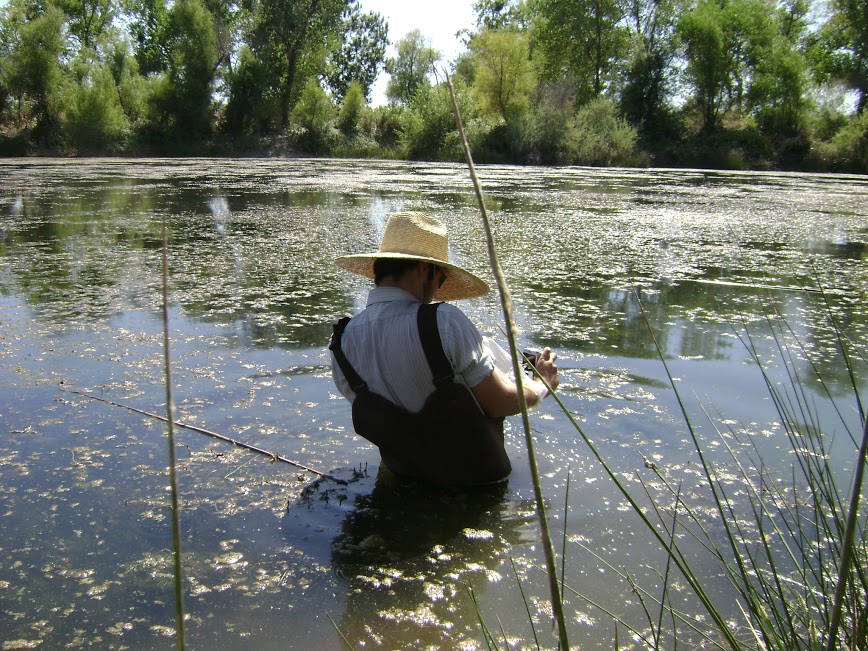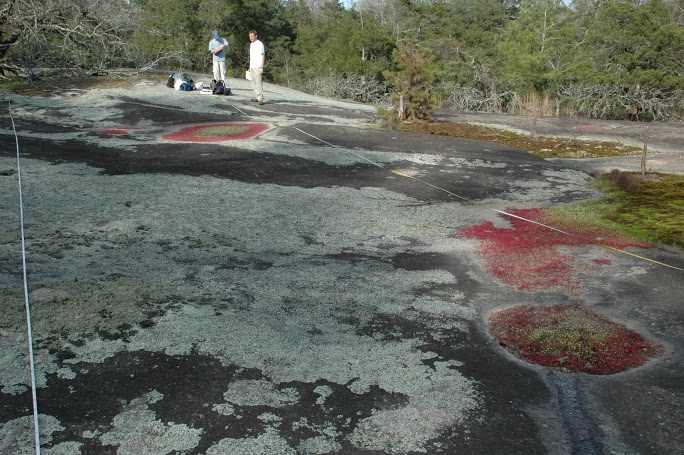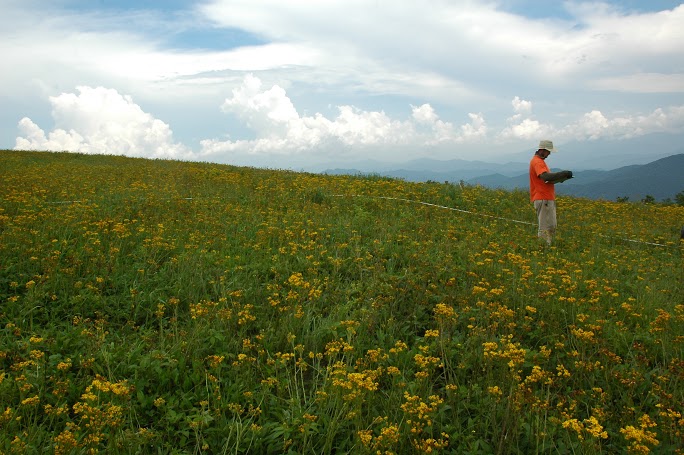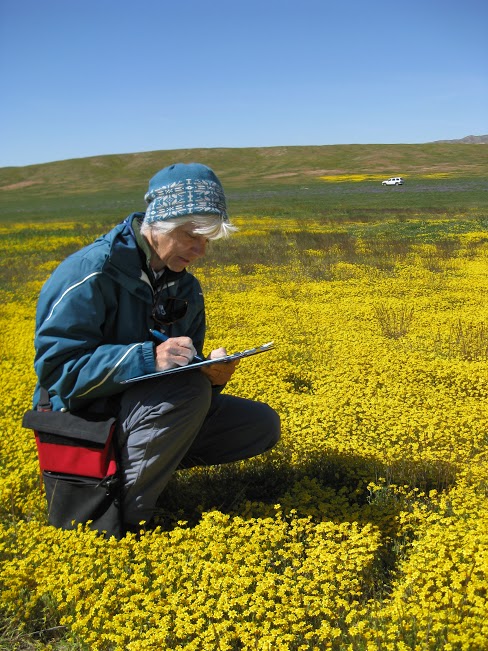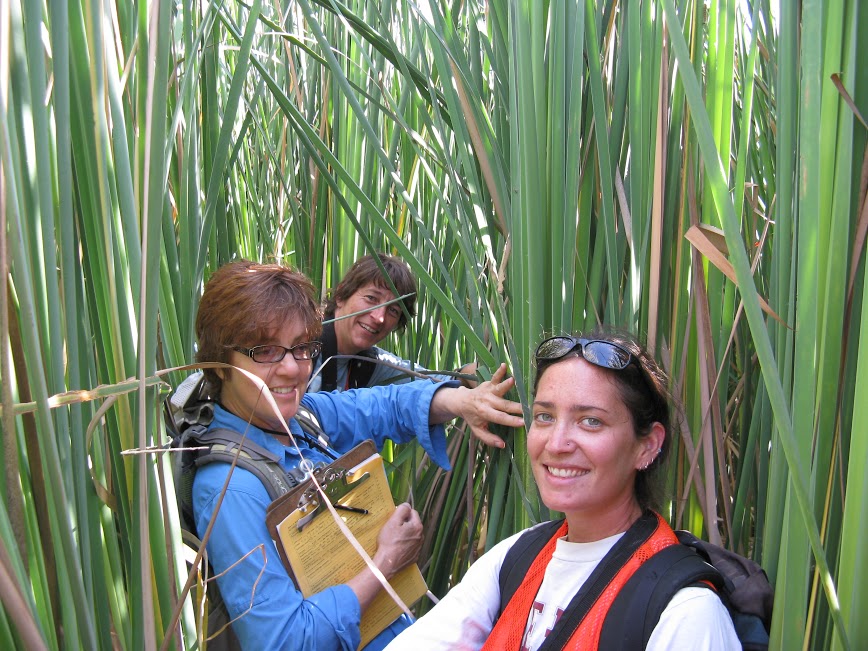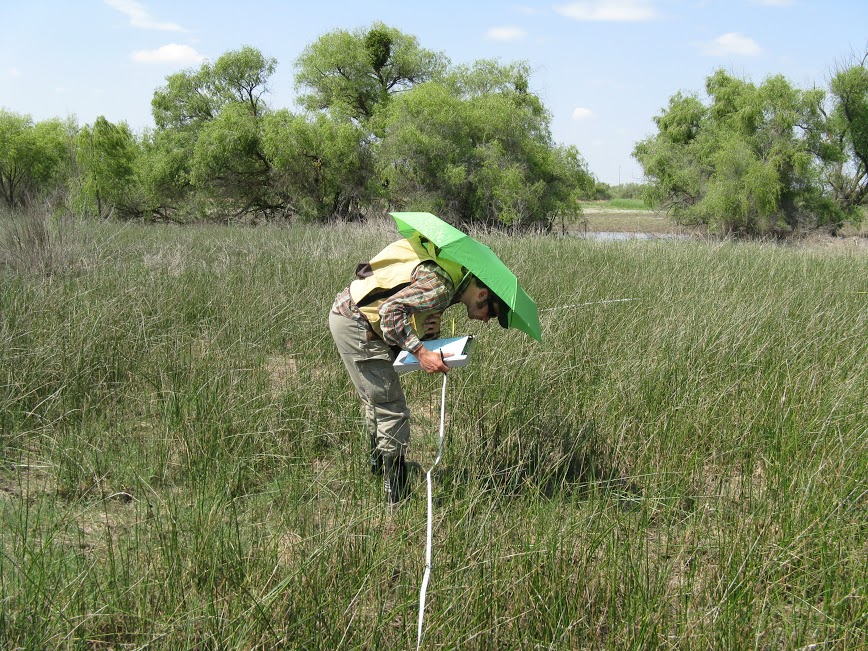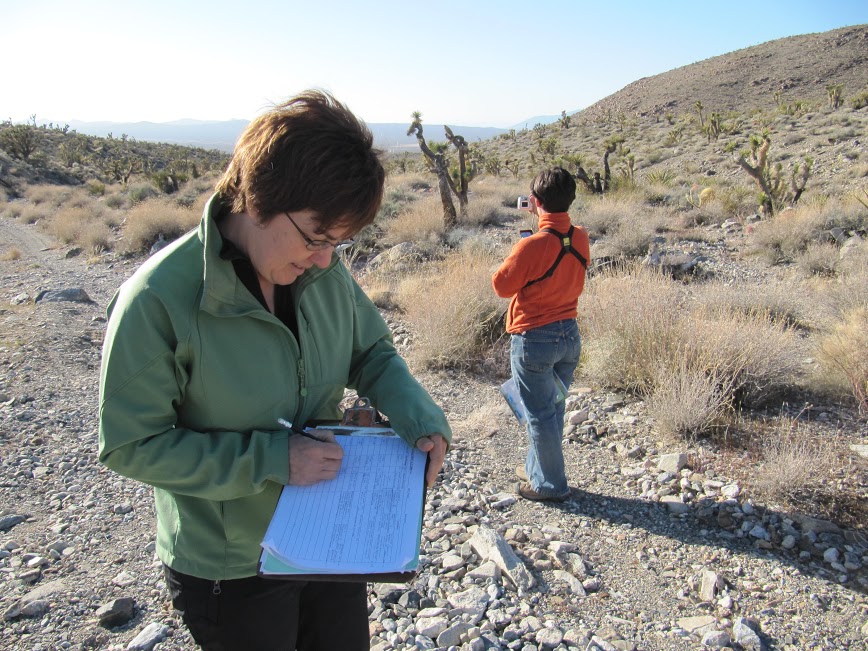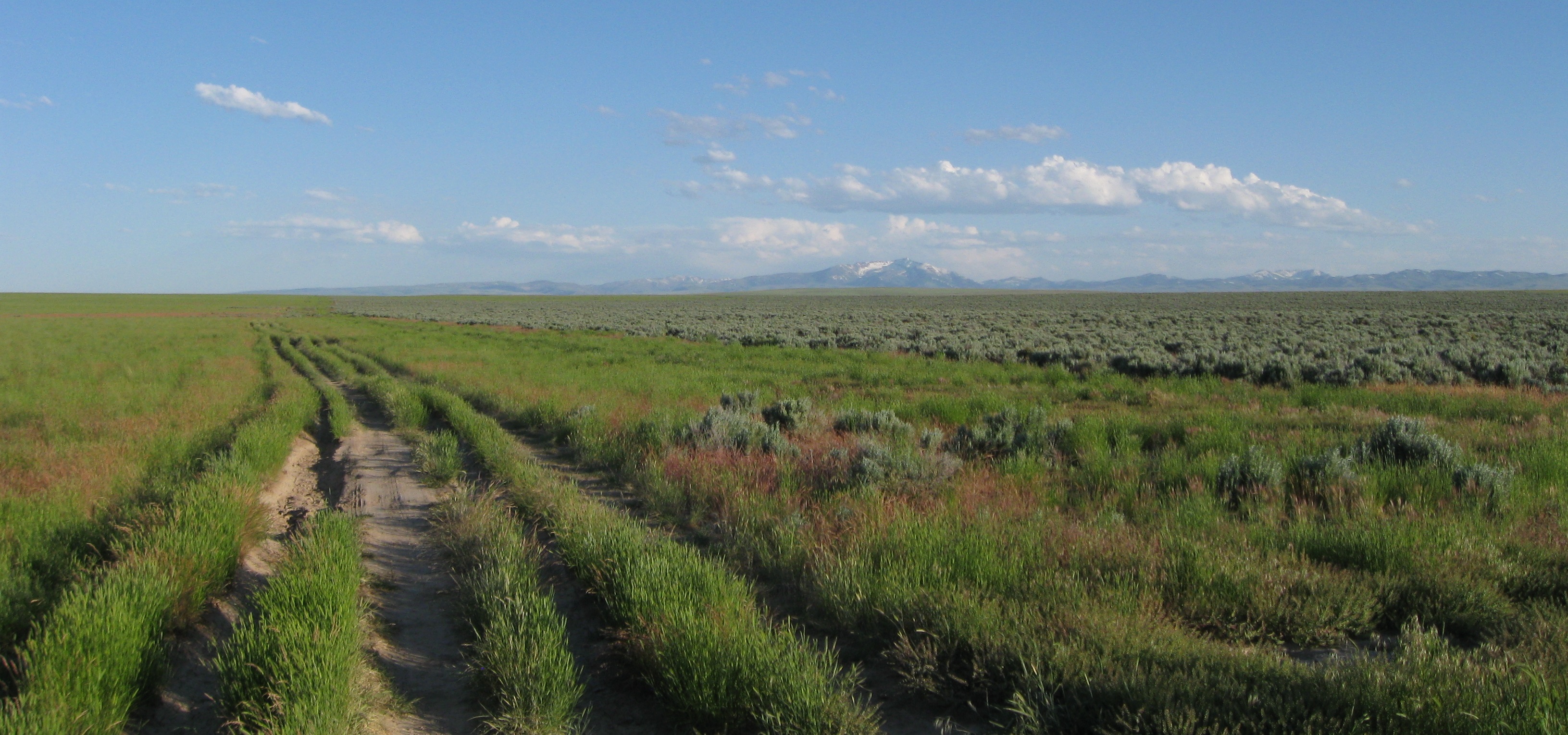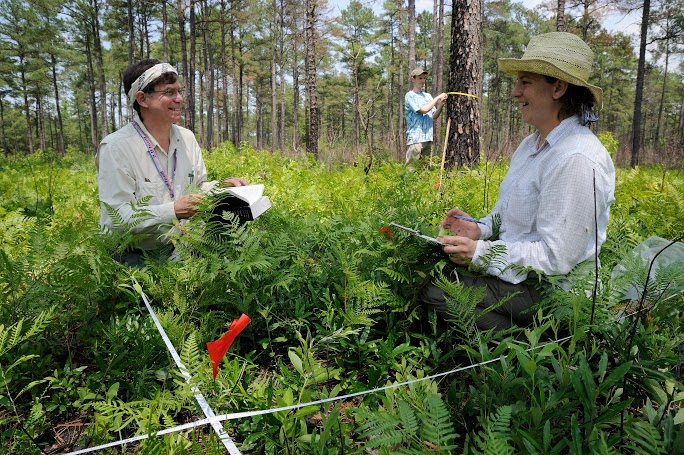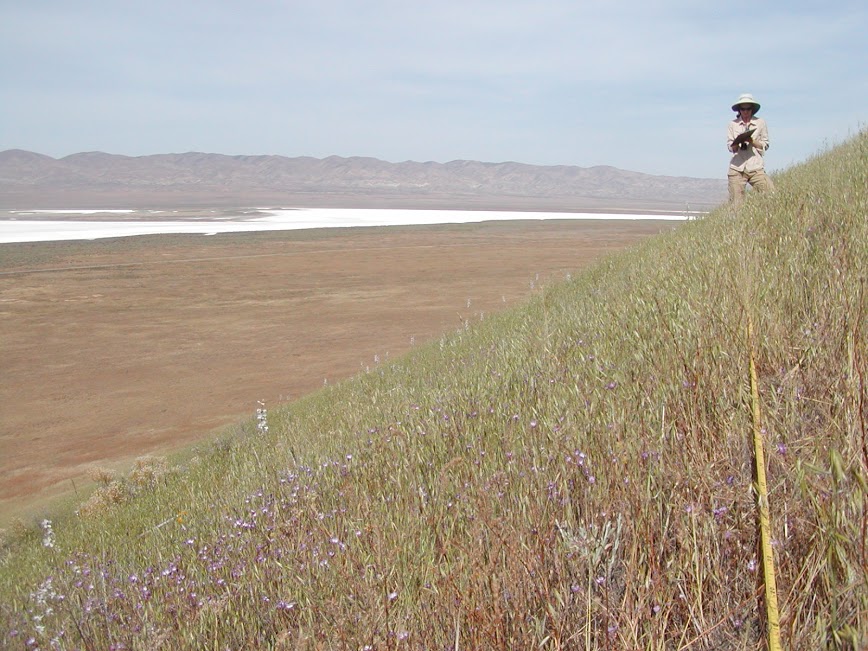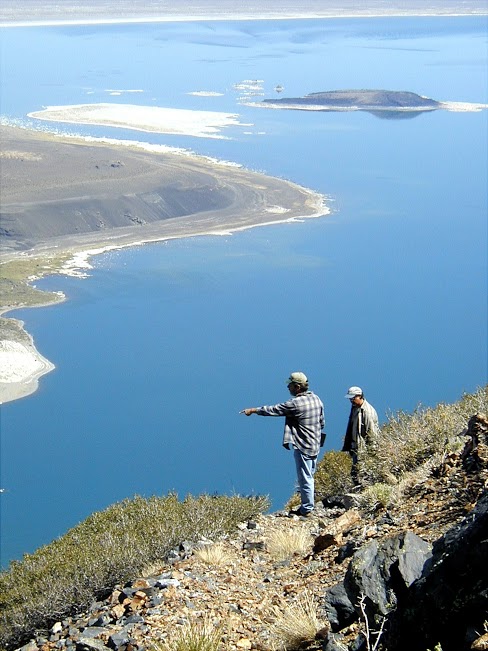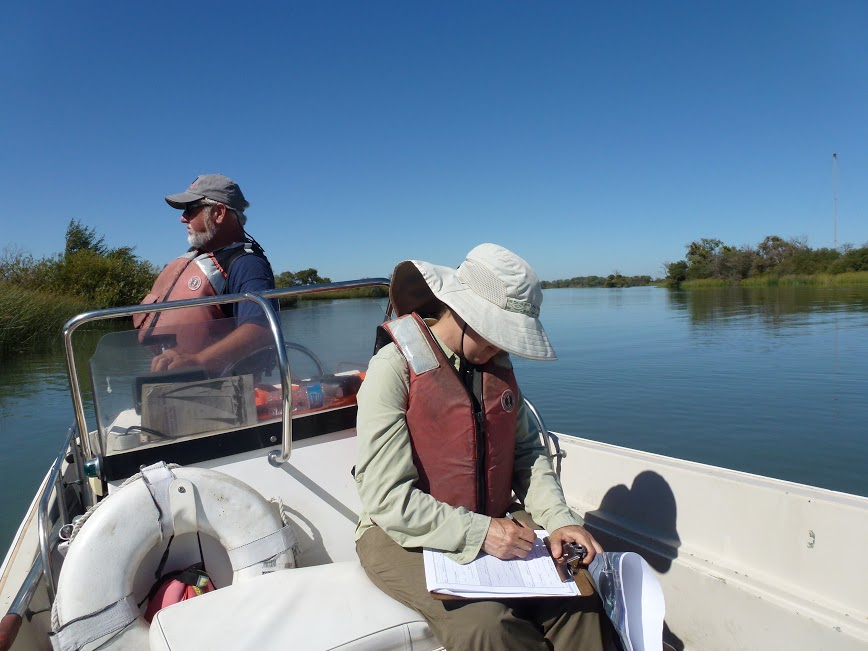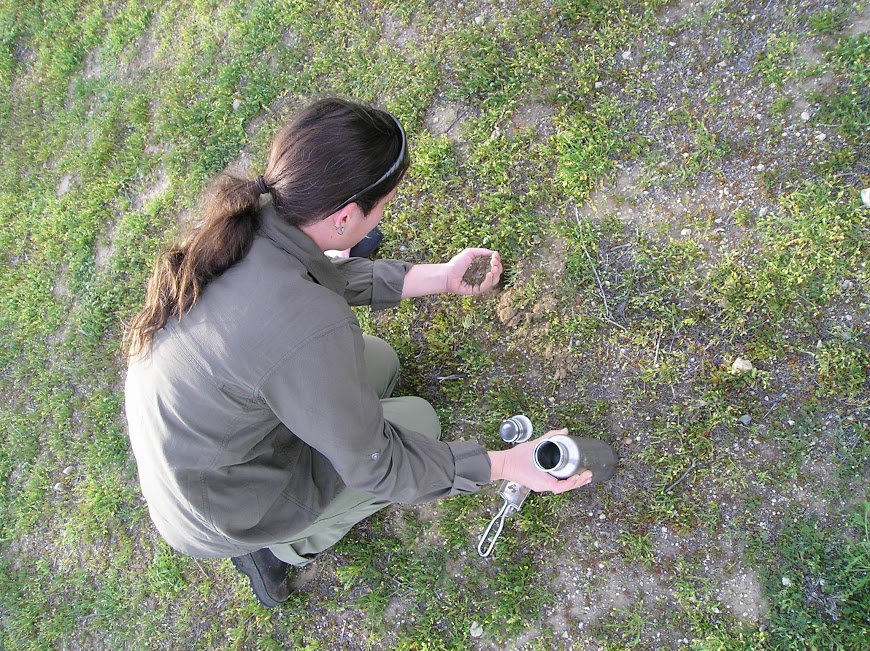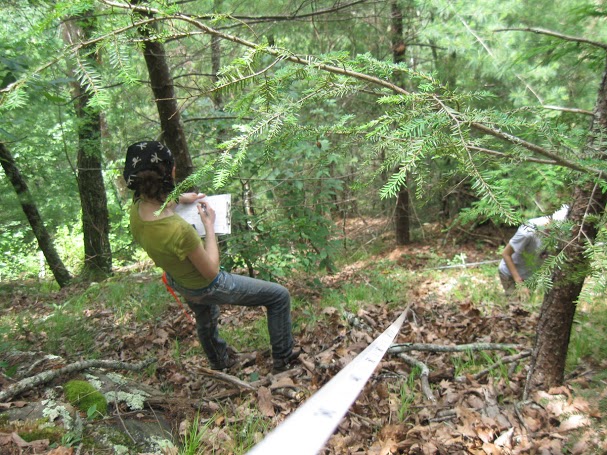Science Programs
Our Science Office supports ESA members and the scientific community by connecting the research and management communities, supporting the use of science to inform decision making, and building capacity among scientists.
Building Capacity
Sustaining Biological Infrastructure (SBI) Training Initiative

ESA’s SBI Training Initiative helps scientists gain the business planning, marketing, and communication skills necessary to innovate and sustain research infrastructure. This year we received a second grant from NSF to continue and broaden the initiative for another three years. More courses and frequent training opportunities are planned. Please visit ESA’s website for more details about SBI and to see our 2018 course offerings.
Sustaining Natural History Collections
The workshop “FutureProofing Natural History Collections: Creating Sustainable Models for Research Resources,” (Cliff Duke, PI; Elizabeth Merritt, Center for the Future of Museums, and Chris Norris, Yale Peabody Museum of Natural History, co-PIs) was held at the Yale Peabody Museum December 13-15, 2016. Building on our Sustaining Biological Infrastructure Initiative, the workshop brought together natural history museum curators and collections staff, collections users, sustainability experts, management research specialists, and future studies experts. They discussed the potential for developing quantitative measures of collections value and also economic models for translating this value into support for collections, based on tangible benefits.

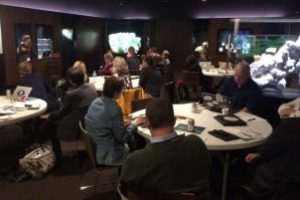
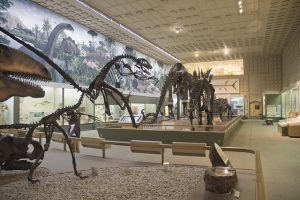
Nagoya Protocol and the Shifting Landscape of International Biological Research
The Nagoya Protocol is a supplementary international agreement to the Convention on Biological Diversity which aims at sharing the benefits arising from the utilization of genetic resources in a fair and equitable way. Leaders of biological professional societies gathered at the Maritime Conference Center in Linthicum Heights, MD on October 26-27, 2017 to learn about Nagoya and its potential effects on research. NSF sponsored this workshop.
Facilitating Engagement
Intergovernmental Platform on Biodiversity and Ecosystem Services (IPBES)
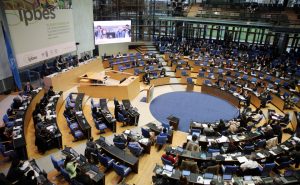 Under this NSF-funded project, “U.S. Scientific Community Engagement in [IPBES],” the Science Office works to raise the profile of IPBES among U.S. scientists and assists the U.S. government in soliciting nominations for experts to serve on IPBES panels and task forces. The ESA IPBES Steering Committee, which advises this project, published “Toward a national, sustained U.S. ecosystem assessment” as a Policy Forum in Science magazine, on November 18, 2016. To learn more about the US and ESA involvement in IPBES, visit the IPBES page on ESA’s website.
Under this NSF-funded project, “U.S. Scientific Community Engagement in [IPBES],” the Science Office works to raise the profile of IPBES among U.S. scientists and assists the U.S. government in soliciting nominations for experts to serve on IPBES panels and task forces. The ESA IPBES Steering Committee, which advises this project, published “Toward a national, sustained U.S. ecosystem assessment” as a Policy Forum in Science magazine, on November 18, 2016. To learn more about the US and ESA involvement in IPBES, visit the IPBES page on ESA’s website.
ESA Panel on Vegetation Classification
For the past 24 years, ESA’s Science Office has provided support for the ESA Panel on Vegetation Classification. During this time, the Panel developed the complete scientific content of the US National Vegetation Classification (USNVC).The USNVC is the first dynamic classification, designed to adapt as new ecological knowledge becomes available. The ESA Panel works to ensure the scientific rigor of the classification and facilitate its development, collaborating with other organizations and agencies in the USNVC Partnership, including the US Forest Service, USGS Core Science Systems, NatureServe, and the Federal Geographic Data Committee Vegetation Subcommittee. The Panel also maintains VegBank, the USNVC open-access vegetation plot database.
Synthesizing Information
Issues in Ecology
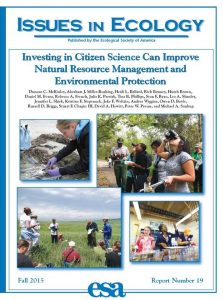 Produced by the Science Office, Issues in Ecology uses commonly understood language to report the consensus of a panel of scientific experts on issues related to the environment. The audience for Issues in Ecology includes decision-makers at all levels.
Produced by the Science Office, Issues in Ecology uses commonly understood language to report the consensus of a panel of scientific experts on issues related to the environment. The audience for Issues in Ecology includes decision-makers at all levels.
A Spanish translation of Issues in Ecology #19, “Investing in Citizen Science Can Improve Natural Resource Management and Environmental Protection”, was completed in April. The manuscript for “The Ecological Impacts of the Siting and Operation of Wind Energy in the United States,” led by Taber Allison (American Wind Wildlife Institute), completed peer review in May and is undergoing revision in response to reviewer comments. The manuscript for “The Ecology of Rural Roads: Effects, Research, and Management”, led by Alisa Coffin (USDA Agricultural Research Service) and Douglas Ouren (U.S. Geological Survey), was submitted for peer review in August.
Conducting Peer Review: Northwest Forest Science Synthesis
The Science Office facilitated a peer review of the Northwest Forest Plan Science Synthesis that will inform the revision of land management plans for 19 national forests within the area it covers. With the assistance of ESA leadership, the Office recruited 33 peer reviewers for chapters of the Synthesis, including Jerry Franklin as a reviewer for the entire document. The review was completed in April 2017.

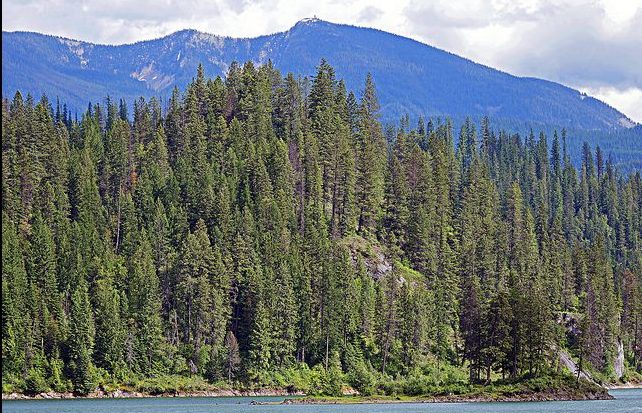
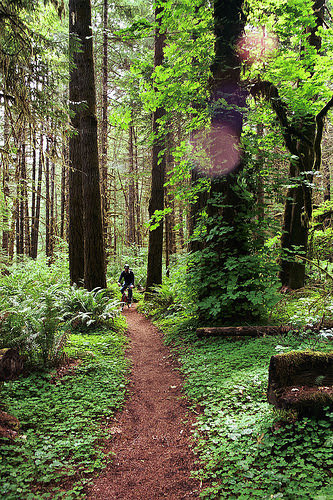
Science Office Staff (August 2016-August 2017)
Director: Clifford Duke
Science Programs Manager: Jill Parsons
Science Programs Coordinator: Jennifer Riem
Science Committee (August 2016-August 2017)
Vice President: Jayne Belnap
Elena Bennett
Brandon Bestelmeyer
James Boyd
Mike Duniway
Valerie Eviner
Stephanie Hampton
Jessica Hellmann
Lori Hidinger
Daniel Scholes
Joshua Scholl
